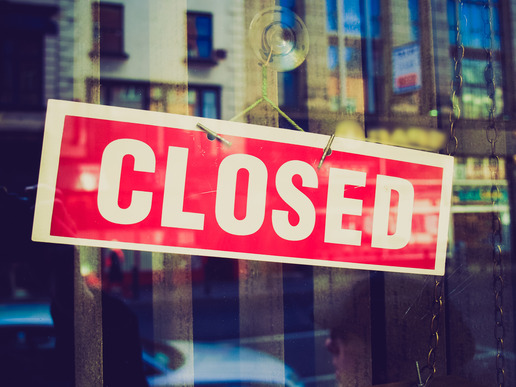Just because your doors are closed and you and your employees have moved on to other endeavors, that does not necessarily mean that you will be able to fully put your business behind you. In fact, you can still be sued long after you are no longer selling products or delivering services. Read on to learn more about your responsibilities as a former business owner.
Before you pursue this question any further, it is important to note whether your business is a limited liability company (LLC). An LLC exists separately from its individual members, thus protecting them from personal liability claims. In order to be an LLC, a business must file an application with the state registrar. Should you wish to dissolve the LLC, you will also need to contact that same office and file the necessary paperwork. If you fail to do so, your business continues to remain vulnerable to lawsuits even several years after you have shut it down. Individual times vary by state, but in general, claimants have around three years after dissolution to file a suit. After that time, the LLC is considered canceled and no more suits can be opened.
Even if your business was not an LLC, you might remain vulnerable to litigation long after closing. The only way to know exactly how you are positioned in regard to this question is to speak to your business insurance agent. If your store or company sold products or services that could potentially cause damage to a buyer, you probably purchased errors and omissions coverage. This would, for instance, protect a construction contractor should he later be accused of questionable work, or a CPA if the IRS attempted to penalize one of her customers because of a mistake made while preparing taxes.
Depending on your errors and omissions policy, it still might cover you for a specified period after your company dissolves. For that reason, it is crucial that you understand the exact terms of your policy. If you find you aren’t fully covered, get a few errors and omissions insurance quotes to see what it will cost you to be fully secure.
While it might be tempting to purge everything that reminded you of your business as soon as you shut it down, don’t fall into this trap. It is very important to keep your records and paperwork organized and in a safe place until all of the loose ends have been tied up and your company is 100 percent dissolved and canceled in the eyes of the state where you live. After that point, no more new suits can be brought against you and you truly can begin to put your business behind you.

